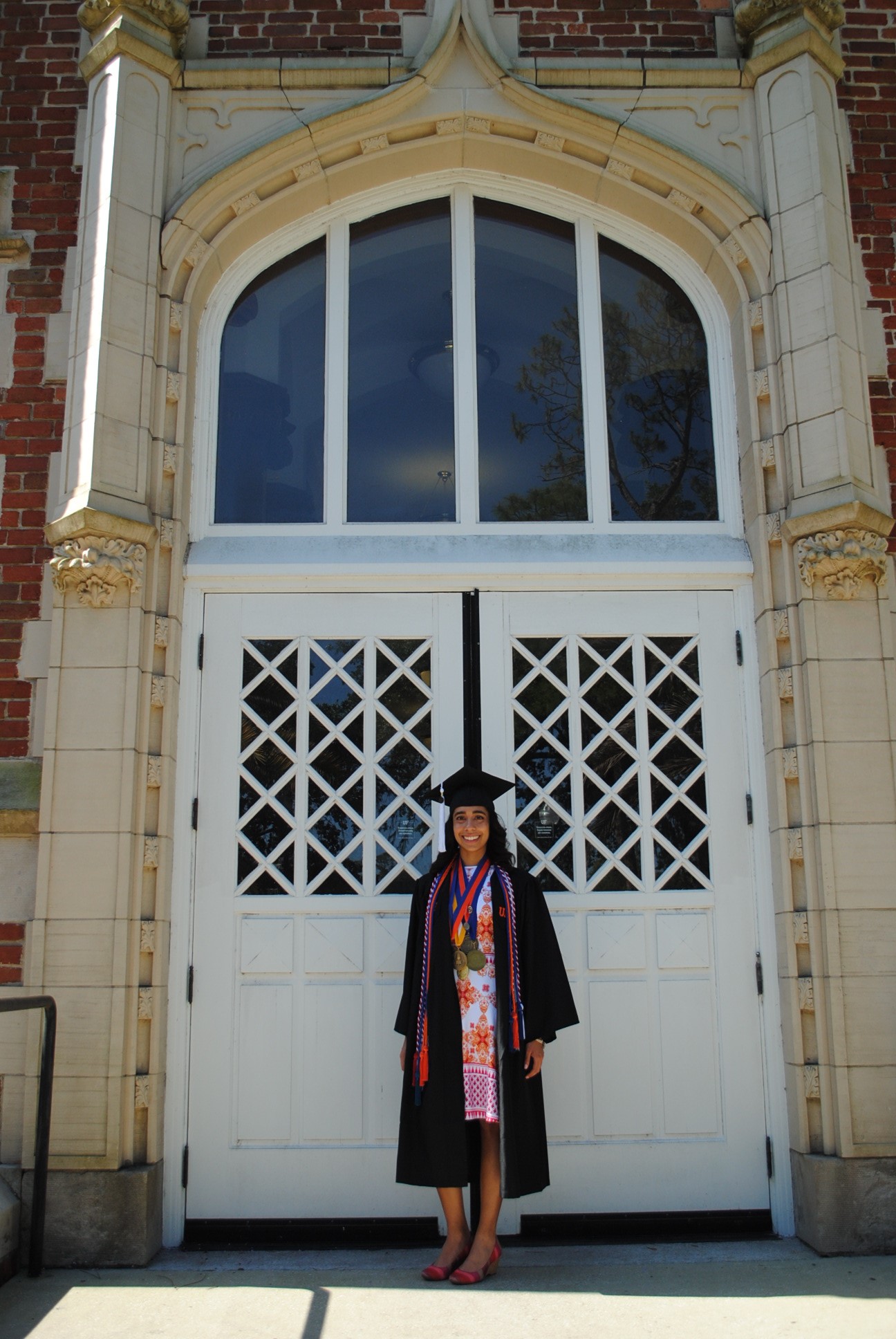When someone asks a history major what they plan to do with their degree, increasingly, the answer is “law school.” In U.S. Census Data from 2017-21, more than eight percent of all history graduates in the United States were working as lawyers, judges, law clerks, or paralegals. We asked our majors, alumni, and faculty what drew them to the legal profession and why historians make such good lawyers.
The overlap in the skills of a lawyer and a historian attracted many to the major. “Studying history helped me immensely,” said Lejs Krivic (‘23), a law student at Indiana University. “Skills such as reading comprehension and persuasive writing were vital in scoring well on the LSAT.” John McWhorter (‘21), in his third year in law school at George Washington University, found his history background fundamental to his success in law school. He identified his “ability to survey various amounts of information, create connections and continuities where they may not seem obvious” as assets in his legal career.
Historians are also storytellers. We take complicated facts and craft them into an explanation about ruptures and continuities. Rachel Hujsa (‘21) found her love of storytelling while working as an intern at the Samuel Proctor Oral History Program. As she approaches the end of her law degree at the University of Pennsylvania, she stresses the importance of narrative in practicing law, “While litigators have to argue, they tell stories, too.” Denice Gonzales, a history minor and pre-law student, found this aspect made her want to take history classes. “Laws are influenced by how societies’ values change over time,” she said.
For Hujsa and others, interest in history and law emerged from their commitment to understanding the problems of the past and seeking justice for the future. Krivic commented, “I always had strong opinions regarding fairness… I hope to one day be in a position where I can use this passion, protecting the rights of the people through the judicial process.”
Professor Elizabeth Dale, who was a practicing lawyer before obtaining a PhD, found that students discovered useful and unexpected parallels in history. “How do other countries deal with (or have they dealt with) familiar problems?” she asked, “A course on slavery or disability in Latin America helps students see how other places confronted those familiar issues.” Dale also stressed that history is a particularly strong major for international law. The multicultural perspective students get in history, often combined with language study, can be useful even for lawyers working regionally in the U.S. “Lawyers who do immigration, family law, or criminal law may also have non-English speaking clients,” Dale said.

On this note, Sujaya Rajguru (’19) said that her law career has been influenced by the multicultural perspective she learned in classes about race in the Caribbean, women in China and France, and the Vikings. After graduating from the University of Virginia School of Law in 2022 and completing a clerkship with Chief Justice Matthew J. Fader on the Supreme Court of Maryland, she recently became a staff attorney with the Women’s Law Project in Philadelphia. Rajguru commented on her new position, “One of the most important skills of a public-interest attorney is knowing how to talk to clients, which involves cultural competency and empathy. I entered law school with a well-rounded view of the world and felt very comfortable talking to clients from various walks of life and cultural backgrounds in part because of my study of history and the humanities at UF.”
The Department of History has a longstanding commitment to assisting pre-law students. Professor Dale heads the Legal History Certificate that students can obtain by taking nine credits in relevant courses. This year the department and the Bob Graham Center will invite alumni in legal professions to talk with pre-law students about what their future holds. (And if you, alumni reader, would be interested in taking part in professionalization events for students in pre-law or other areas, please consider filling out our alumni survey.)
As they think about LSATs and their prospects as lawyers, Hujsa offered some advice, “I would tell students to challenge themselves. Write a thesis, take demanding classes… It’s a good idea to get prepared for the intellectual rigor expected in law school.”